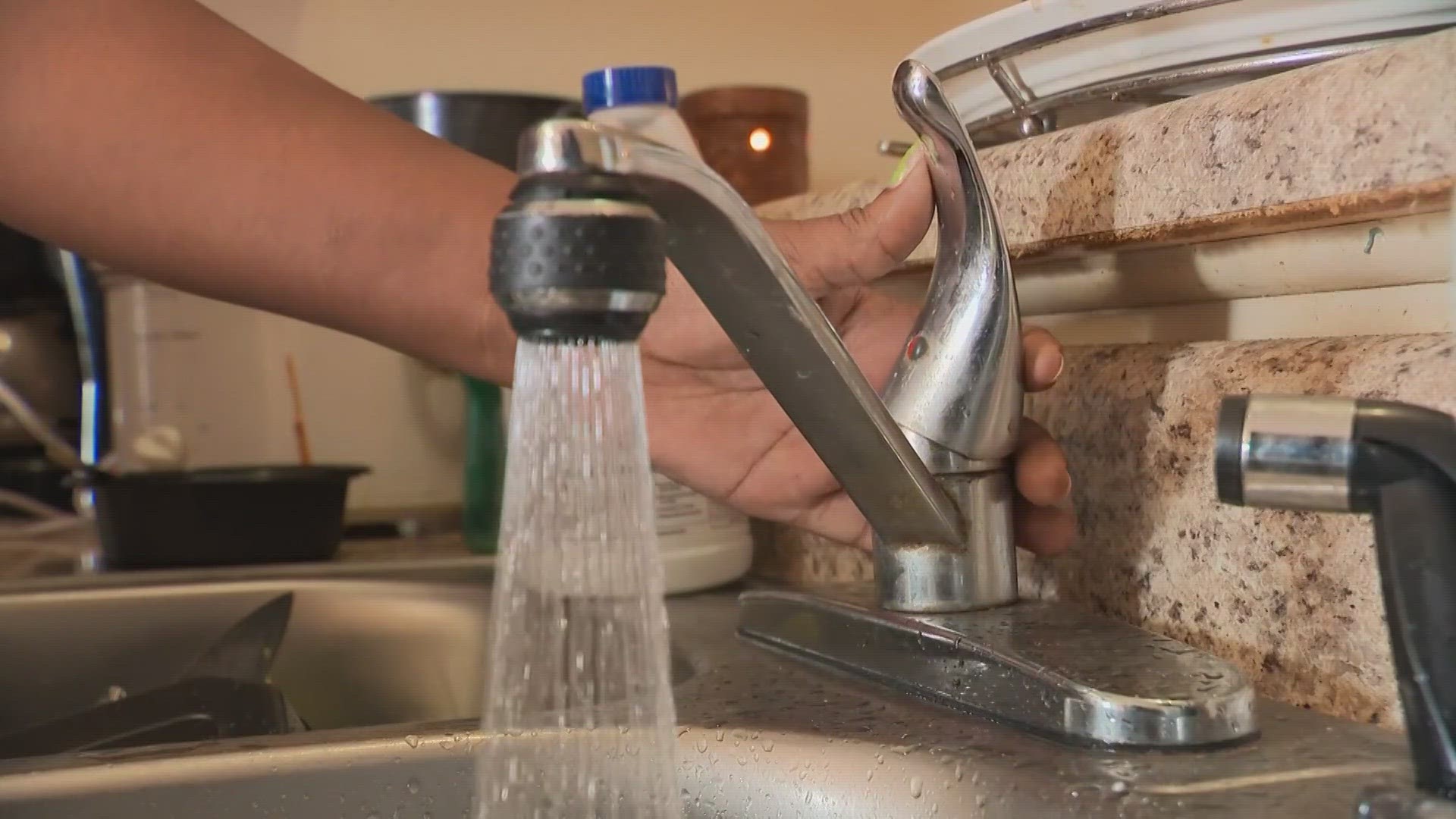TEXAS, USA — More than 200 chemical manufacturing plants nationwide — including dozens in Texas along the Gulf Coast — will be required to reduce toxic emissions that could cause cancer for people who live nearby under a new Environmental Protection Agency rule announced Tuesday.
These facilities use hazardous chemicals to make plastics, paints, synthetic fabrics, pesticides and other petrochemical products. An EPA list shows that about 80, or 40% of them, are located in Texas, mostly in coastal cities like Baytown, Channelview, Corpus Christi, Deer Park, La Porte, Pasadena and Port Arthur.
The new rule focuses on limiting six chemicals: ethylene oxide, chloroprene, benzene, 1,3-butadiene, ethylene dichloride and vinyl chloride. All are known to increase cancer risk and cause damage to the nervous, cardiovascular and immune systems after long-term exposure.
According to the EPA, the new rule will slash more than 6,000 tons of toxic air pollutants annually and reduce the number of people with elevated cancer risk by 96% nationwide.
The new rule will also require facilities to install fence line air monitoring devices that measure concentrations of a specific chemical at the property line of a manufacturing site.
The fence line monitors “will help protect nearby communities by giving them more accurate information about the quality of the air they are breathing,” Harold Wimmer, president and CEO of the American Lung Association, said in a statement.
Studies show that communities of color are more likely to be exposed to pollution from chemical manufacturing plants.
Cynthia Palmer, a senior analyst for petrochemicals with the environmental nonprofit Moms Clean Air Force, said in a written statement that the new rule is “deeply personal for me. My best friend grew up near nine of the chemical manufacturing facilities in Texas that will be covered in this new rulemaking. She died of cancer when her children were in preschool.”
Palmer said the new rule is an important step forward for environmental justice.
Tuesday’s announcement comes a month after the EPA approved a rule to slash ethylene oxide emissions from commercial sterilization facilities. In Laredo, residents say such plants have contributed to the city’s elevated rates of cancer.
Hector Rivero, president and CEO of the Texas Chemistry Council, said in an email that the new EPA rule will have a big impact on the manufacture of ethylene oxide, which he said is important for products like electric cars and computer chips, as well as sterilizing medical products.
Rivero said the council, which represents more than 200 facilities in the chemical manufacturing industry, will comply with new regulations, but he believes the way EPA assessed the health risks of ethylene oxide was scientifically flawed.
"EPA’s reliance on outdated emissions data has led to a final rule based on inflated risks and speculative benefits,” Rivero said.
The new rule goes into effect shortly after being published in the Federal Register. The biggest reductions in cancer risk will come from reducing emissions of ethylene oxide and chloroprene. Facilities must meet requirements for reducing ethylene oxide within two years after the rule becomes effective and must meet requirements for chloroprene within 90 days after the effective date.
Victoria Cann, a spokesperson with the state’s environmental agency, the Texas Commission on Environmental Quality, said in a statement that the agency will conduct investigations to evaluate compliance with the new rule’s requirements as part of its compliance and enforcement program.
The rule targets equipment at chemical manufacturing facilities that release air pollution like heat exchange systems (devices that heat or cool liquids), and processes like venting and flaring that release gases into the air.
Flaring often happens during startups, shutdowns and malfunctions. In Texas, companies reported releasing 1 million pounds of excess pollution during a January cold snap. Environmental advocates have called those events loopholes in environmental enforcement that allow facilities to pollute without punishment or fines under certain conditions like during extreme weather or chemical disasters.
The rule requires facilities to do additional compliance reporting and performance evaluations after such events.
“It’s essential that these protections are rigorously enforced and that leaders at all levels of government continue to work together to address health threats from petrochemical polluters so that all communities can thrive,” Dionne Delli-Gatti, associate vice president for community engagement at Environmental Defense Fund, said in a press release.
Disclosure: Environmental Defense Fund has been a financial supporter of The Texas Tribune, a nonprofit, nonpartisan news organization that is funded in part by donations from members, foundations and corporate sponsors. Financial supporters play no role in the Tribune's journalism. Find a complete list of them here.

